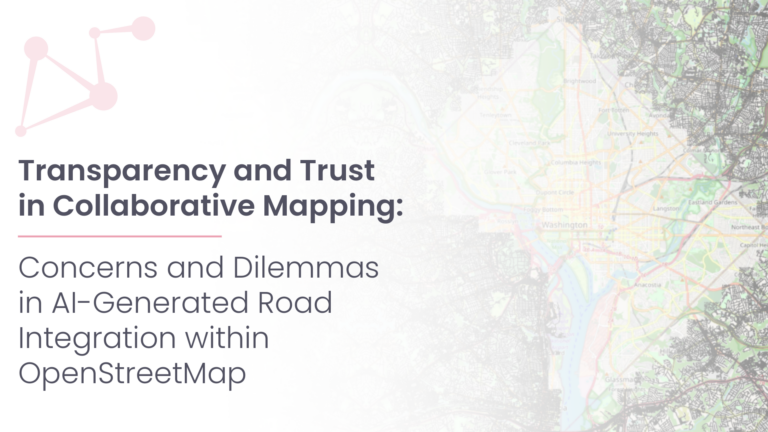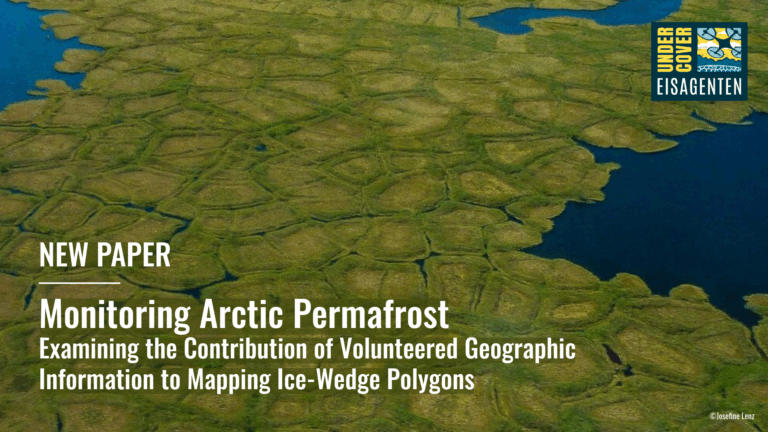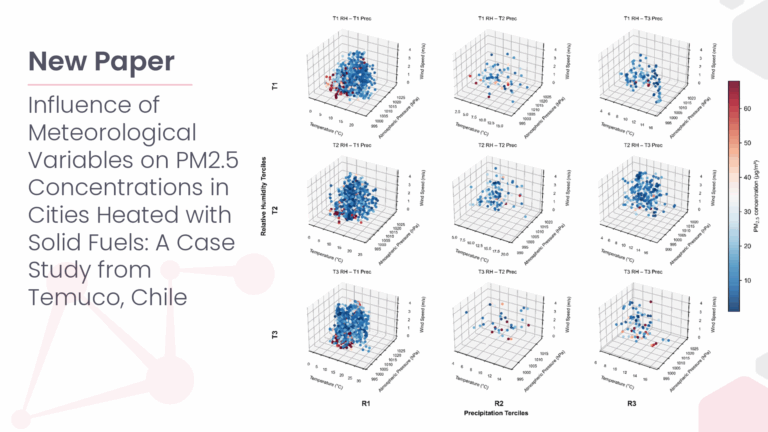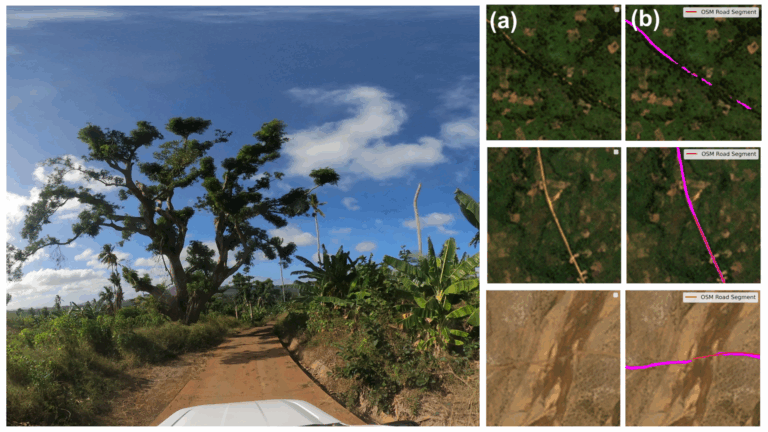Insights from Steffen Knoblauch’s talk at The Program of Scientific Computing (PROCC) at FIOCRUZ
On May 15th, the Program of Scientific Computing (PROCC) at Fiocruz hosted Steffen Knoblauch, a GIScience Ph.D. candidate, for his presentation titled „GeoAI 4 Dengue: Harnessing Geospatial Big Data to Guide Vector Control.“ This event, organized in partnership with The Global Health Network Latin America and the Caribbean (TGHN LAC), provided a platform for academic discourse and collaboration:
- PROCC initiates its 2024 Data Clinic Sessions • Fiocruz (English)
- https://portal.fiocruz.br/noticia/2024/04/procc-inicia-suas-sessoes-colaborativas-2024 (Portuguese)
- Fiocruz inicia sus clínicas de datos 2024 de PROCC • The Global Health Network LAC (Spanish)
PROCC’s Collaborative Sessions serve as forums for researchers to exchange knowledge and experiences, focusing on projects in development or in need of refinement. These sessions facilitate discussions on methodologies, quantitative analyses, and their implications for research questions. Researchers and students, both from Fiocruz and external institutions, interested in methodological approaches, preliminary findings, or discussing completed analyses and their implications, are encouraged to participate.
Steffen’s research centers on developing techniques to prioritize vector control efforts, following a cost-benefit analysis in the municipality of Rio de Janeiro. His work includes novel methodologies for generating high-resolution urban landscape indicators essential for modeling entomological field measurements used in vector control strategies. Additionally, he tested the integration of mobile phone data to model urban dengue infections at a sub-neighborhood scale, highlighting the advantages of considering daylight Aedes biting behavior.
Over 60 experts in epidemiology and entomology from Latin America, primarily Brazil, participated in the session. This was followed by a discussion on how the presented approaches could be adapted and applied to other cities. The session marked a significant milestone in Steffen’s research journey, fostering crucial connections with the local vector control community in Rio de Janeiro and beyond. As the premier Institution of Science and Technology in Health in Latin America, Fiocruz, situated in Brazil, plays a pivotal role in producing, disseminating, and sharing knowledge and technologies to address health challenges.
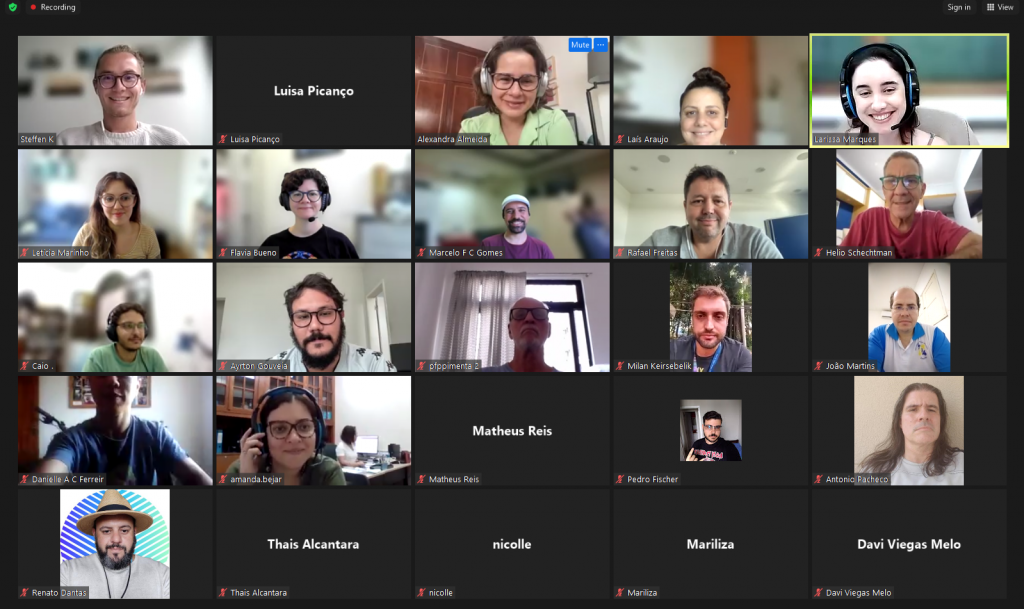
Related links to Steffen’s research:
-
Semi-supervised water tank detection to support vector control of emerging infectious diseases transmitted by Aedes aegypti https://doi.org/10.1016/j.jag.2023.103304
-
Geospatial Innovation’s Potential for Addressing Mosquito-Borne Diseases (United Nations World Data Forum )
-
Research Visit at Universidade Federal Fluminese (UFF) in Rio de Janeiro (Research Visit at Universidade Federal Fluminese (UFF) in Rio de Janeiro )
-
Advancing Geospatial Techniques for Vector-Borne Disease Research: Insights from GIScience-CSIAD Collaboration – a conference recap (Advancing Geospatial Techniques for Vector-Borne Disease Research: Insights from GIScience-CSIAD Collaboration – a conference recap )
-
Workshop on Intelligent Systems for Vector-Borne Disease at HWK (Workshop on Intelligent Systems for Vector-Borne Disease at HWK )
-
GeoEpi at CGA 2023: From Geospatial Research to Health Solutions (GeoEpi at CGA 2023: From Geospatial Research to Health Solutions)
To keep up with future developments and releases related to this research as well as other efforts to advance geospatial technology in the mobility, humanitarian aid, and data analytics space, follow the social media channels and stay up to date on our blog.


